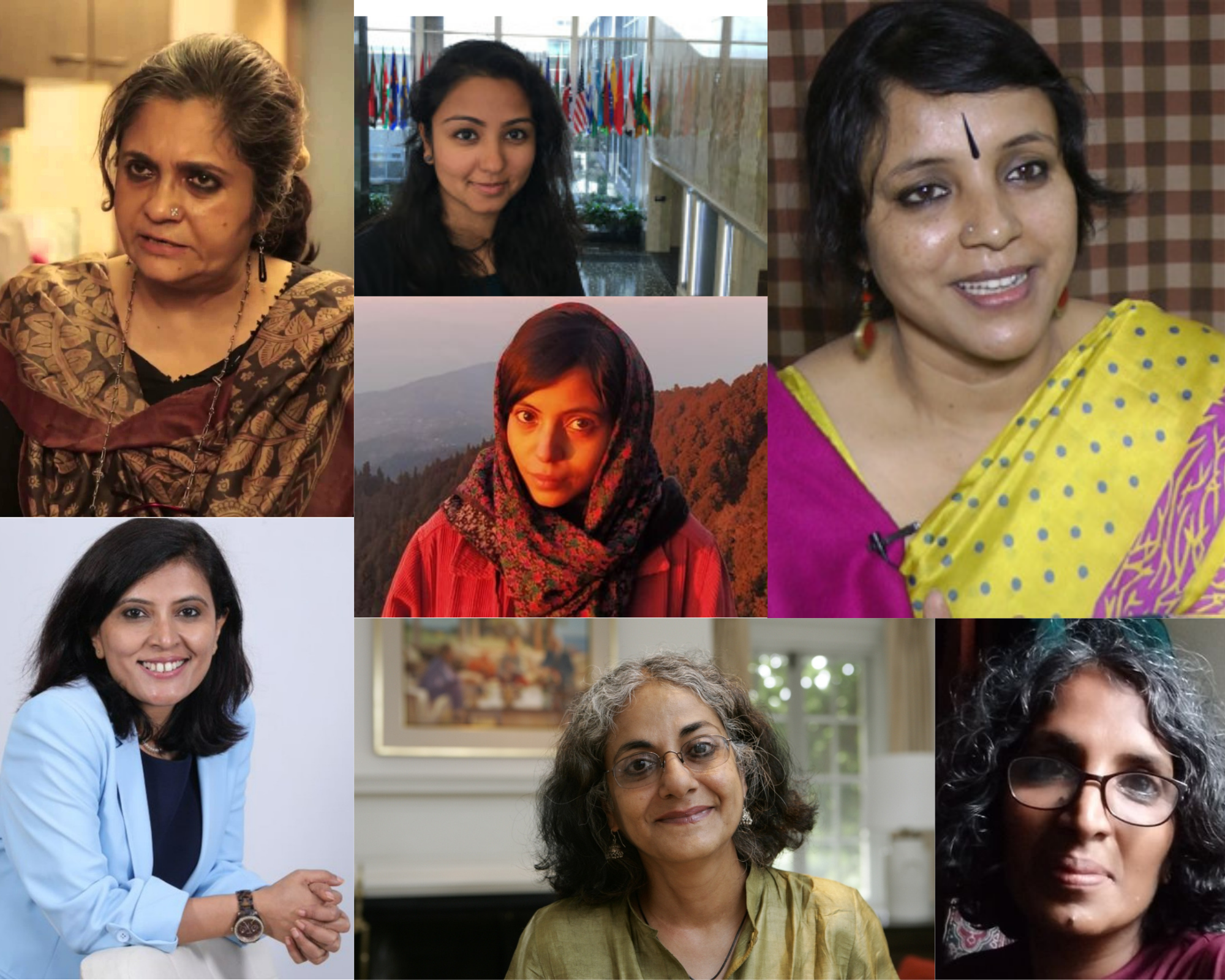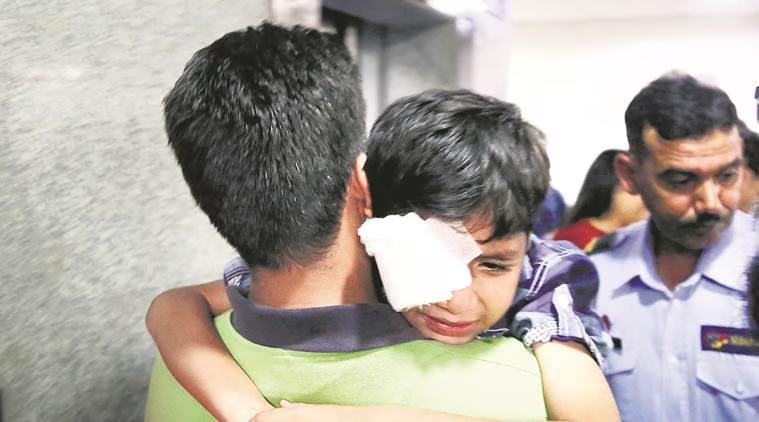Now Reading: Women Journalists Barred in Delhi: Why It’s a Red Flag for Media Equality
-
01
Women Journalists Barred in Delhi: Why It’s a Red Flag for Media Equality
Women Journalists Barred in Delhi: Why It’s a Red Flag for Media Equality

A press conference held in New Delhi by Afghanistan’s foreign minister recently made headlines for what didn’t happen: no woman journalist was allowed entry. The move sparked widespread criticism across India’s media and political circles. As the world watches, the incident raises uncomfortable questions about press freedom, gender equality, and India’s role in upholding both.
What exactly happened
During the visit of Afghanistan’s foreign minister, Taliban-appointed officials reportedly decided which journalists could attend. Women were excluded entirely from the presser, even though the Indian side had suggested inclusive representation. The venue was restricted to male reporters only, drawing immediate backlash.
Reaction from India
Some opposition leaders and journalists condemned the exclusion, calling it a glaring insult to professional women reporters. Comments ranged from urging male colleagues to protest by walking out, to demanding the government clarify its stance on women’s inclusion in public diplomacy. The silence and inaction, they argued, undermined India’s commitment to gender rights on the world stage.
Symbolism beyond borders
Though the event was tied to Afghanistan, its implications reach far beyond. Allowing a foreign authority to impose gender restrictions on Indian soil seems like a failure of diplomatic principle. For many in smaller Indian cities, where media representation of women is already limited, this incident feels like a setback—not just in Delhi or Kabul, but within every newsroom across India.
Challenges facing women in journalism
Even in peaceful contexts, women journalists often face bias—denial of assignments, unsafe work conditions, or glass ceilings. When exclusion is made explicit, it’s not just symbolic; it affects careers and morale. For reporters from Tier-2 or Tier-3 cities, chances are already fewer. Incidents like this signal that their voices might be judged as dispensable at higher levels of power.
India’s responsibility as host
When a country hosts foreign dignitaries, standards and norms matter. Excluding women at an event held on Indian soil sends the wrong message about whose rights matter. It also leaves India vulnerable—domestically, diplomatically, ethically—because it suggests that foreign regimes can override Indian values at will.
What should change
The immediate step is accountability. Authorities should explain how this lapse happened and reaffirm that all accredited journalists—regardless of gender—have equal access. Media organizations must push back, set nonnegotiable standards. Training, guidelines, even collective action may be needed to prevent such exclusions in future.
What this shows is that press freedom isn’t just about coverage or censorship—but inclusivity. If India allows gendered exclusion under diplomatic cover, it betrays the very principles it professes to defend. For women reporters—especially outside metros—this episode must be a wake-up call. The fight for equal access and respect can’t stop at borders or red lines.

























